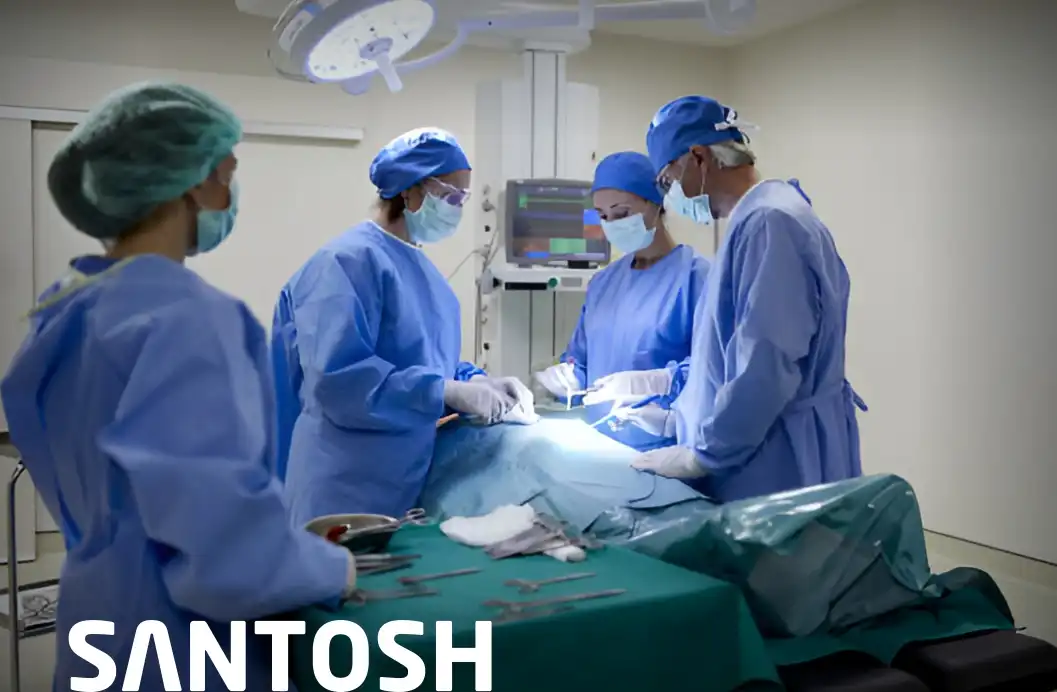Overview
Post-graduate (PG) education in healthcare is essential for creating specialists who can provide high-quality medical care and contribute to the advancement of medical science through research and training. The ultimate goal of PG education is to equip healthcare professionals with the knowledge, skills, and attitudes necessary to meet the health needs of the community they serve.
A well-trained PG specialist should be able to identify the healthcare needs of the community, manage complex medical/surgical problems, and stay up-to-date with the latest advancements in their field of specialty. It is also essential that the PG student possess empathy and a humane approach when providing professional services.
Moreover, PG education should also include the development of skills in teaching medical/para-medical students and research methodology. Continuous professional development through self-directed learning is also a vital component of PG education.
The purpose of the document is to provide guidelines for teachers and learners to achieve the defined outcomes through learning and assessment. The document was prepared by subject-content specialists and reviewed by the Reconciliation Board of the Academic Committee to ensure uniformity without compromising the purpose and content of the document.
In conclusion, PG education is critical in producing competent healthcare professionals who can provide high-quality care to the community they serve. The guidelines provided in this document will aid in achieving the desired outcomes of PG education.
Click here if you want to know about course fees.
Program Objective:
Clinical Objectives:
At the end of postgraduate training, the PG student should be able to: -
- Diagnose and appropriately manage common surgical ailments in a given situation
- Provide adequate preoperative, post-operative and follow-up care of surgical patients
- Identify situations calling for urgent or early surgical intervention and refer at the optimum time to the appropriate centers
- Counsel and guide patients and relatives regarding need, implications and problems of surgery in the individual patient
- Provide and coordinate emergency resuscitative measures in acute surgical situations including trauma
- Organize and conduct relief measures in situations of mass disaster including triage
Research:
The student should:
- Know the basic concepts of research methodology, plan a research project and know how to consult library
- Should have basic knowledge of statistics
Teaching: The student should learn the basic methodology of teaching and develop competence in teaching medical/paramedical students.
Professionalism:
- The student will show integrity, accountability, respect, compassion and dedicated patient care. The student will demonstrate a commitment to excellence and continuous professional development
- The student should demonstrate a commitment to ethical principles relating to providing patient care, confidentiality of patient information and informed consent
- The student should show sensitivity and responsiveness to patients’ culture, age, gender and disabilities
Curriculum
Assessment:
Theory shall consist of four papers of 3 hours each.
- Paper I: Basic Sciences
- Paper II: Principles and Practice of Surgery
- Paper III: Principles and practice of Operative Surgery
- Paper IV: Recent Advances in Surgery
Clinical/ Practical: Clinical examination shall be conducted to test the knowledge, skills, attitude and competence of the post graduate students for undertaking independent work as a specialist/Teacher, for which post graduate students shall examine a minimum one long case and two short cases.
Teaching & Learning:
Teaching methodology: Didactic lectures are of least importance; small group discussion such as seminars, journal clubs, symposia, reviews and guest lecturers should get priority for theoretical knowledge. Bedside teaching, grand rounds, structured interactive group discussions and clinical demonstrations should be the hallmark of clinical/practical learning with appropriate emphasis on e-learning. Student should have hand-on training in performing various procedures and ability to interpret various tests/investigations.
Self-learning tools like assignments and case-based learning may be promoted.
Clinical postings: A major portion of posting should be in General Surgery. It should include inpatients, out-patients, ICU, trauma, emergency room and specialty clinics.
Rotation of posting:
- Inter-unit rotation in the department should be done for a period of up to one year
- Rotation in appropriate related subspecialties for a total period not exceeding 06 months
Clinical meetings: There should be intra- and inter- departmental meetings for discussing the uncommon /interesting cases involving multiple departments.
Thesis writing and research:
Thesis writing is compulsory.
- The postgraduate students shall be required to participate in the teaching and training programme of undergraduate students and interns
- Department should encourage e-learning activities
Team
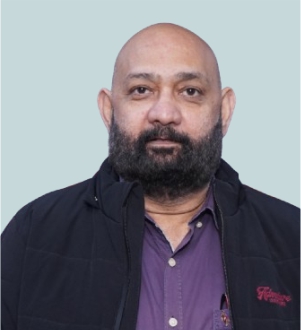
Dr. Yogendra Kumar
Professor & HOD
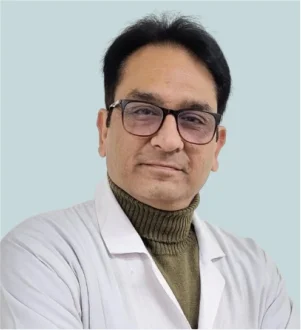
Dr. Shalabh Gupta
Professor
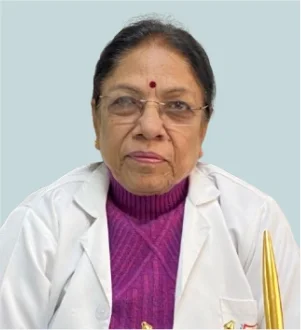
Dr. Tripta S Bhagat
Professor

Dr. Sameer Hassan Naqash
Professor
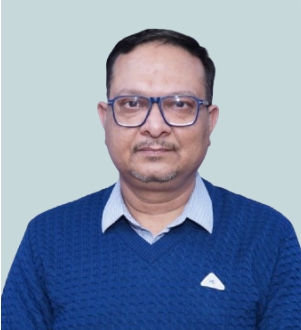
Dr. Mohit Bhatnagar
Associate Professor

Dr. Naveen Jain
Associate Professor

Dr. Akshita Gupta
Assistant Professor

Dr. Ankit Dixit
Assistant Professor

Dr. Rahul Gupta
Assistant Professor

Dr. Ashok Kumar Verma
Assistant Professor

Dr. Pulkit Gupta
Assistant Professor
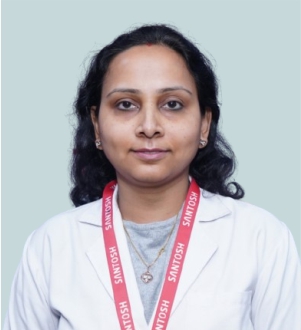
Dr. Aparajeeta
Assistant Professor

Dr. Arif Bashin
Assistant Professor

Dr. Rati Agrawal
Assistant Professor

Dr. Kapil Kumar Jain
Assistant Professor
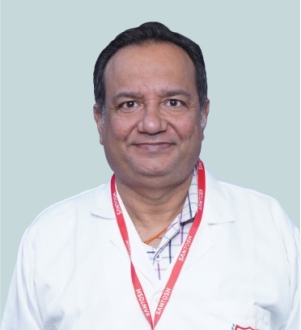
Dr. Anupam Kumar Sharma
Assistant Professor

Dr. Gopal Prasad Agrawal
Assistant Professor

Dr. Naveen Kumar Solanki
Assistant Professor

Dr. Varun Pathak
Assistant Professor
Career Prospective
- MS General Surgery is a highly specialized field of medicine that offers excellent career opportunities and prospects
- As a qualified General Surgeon, one can work in a variety of settings, including hospitals, private clinics, research centers, and academic institutions
- With additional training and experience, General Surgeons can specialize in areas such as oncology, trauma surgery, laparoscopic surgery, or pediatric surgery, among others
- The demand for skilled General Surgeons is high, and the job outlook is expected to remain favorable in the coming years
- General Surgeons can earn a lucrative salary, with the median annual salary for a General Surgeon in the US being around $409,665
- General Surgeons also have the opportunity to advance into leadership roles such as department heads, medical directors, or hospital administrators
- General Surgeons play a vital role in healthcare, and the work is challenging and rewarding, with opportunities to make a significant impact on patients' lives
